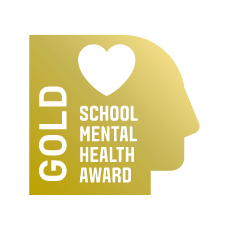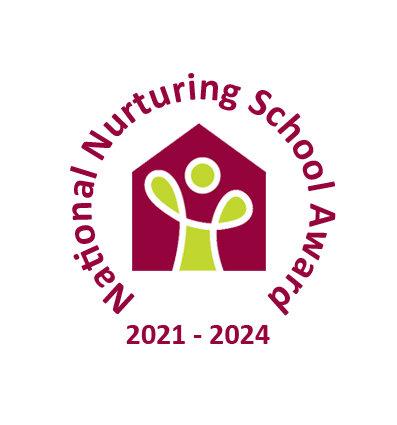GCSE Biology
- What will I study?
Links
Students at Launchpad will have the opportunity to study GCSE Biology. Other Sciences can be studied in collaboration with schools/students.
This qualification is designed for learners with an interest in human biology, organisms, evolution and the environment. It also enables learners to:
- Develop understanding of the nature, processes and methods of biology through different types of scientific enquiries that help them to answer scientific questions about the world around them.
- Develop and learn to apply observational, practical, modelling, enquiry and problem-solving skills, both in the laboratory, in the field and in other learning environments
- Develop their ability to evaluate claims based on biology through critical analysis of the methodology, evidence and conclusions, both qualitatively and quantitatively.
What is Launchpad aiming to achieve through its Science curriculum?
• To re engage students who have not taken part in lessons for a number of months or years.
• To build trust and self-esteem within the biology curriculum
• To embed the skills needed for effective scientific investigations
• To practise the skills and knowledge needed for GCSE
• To engage with a range different topics within Biology
• To pass GCSE Biology
Rationale
All Students at Launchpad have an opportunity to study GCSE Biology. Students at Launchpad follow the AQA GCSE Biology Specification. Some students have only one year to study for their science GCSE. Due to the lack of facilities and time constraints it was decided that students would follow the Biology GCSE course (one GCSE). This has enabled our students to build a deeper understanding and confidence of the one discipline rather than three. Biology in terms of the human body has clear relevance to all students with respect to their own health and offers them opportunities for careers through the NHS which a number of our students are interested in
Units of study:
The learners will study the following topics:
1. Cell biology
2. Organisation
3. Infection and response
4. Bioenergetics
5. Homeostasis and response
6. Inheritance, variation and evolution
7. Ecology
Assessments
Pupils are assessed at the end of Year 11 with two 1 hour 45 minute terminal examinations each worth 50% of the final grade.
Each examination will consist of a mixture of knowledge and practical skills questions.
There is no coursework component to this exam.
Science contributes to the Launchpad SMSC policy by:
Spiritual development is enhanced through thinking about how Science makes us fell both enormously insignificant (compared to the scale of the visible universe) and enormously significant (we are genetically unique).
Moral development is enhanced through the consideration of issues such as the ethics behind certain medical treatments, the environmental impact of industry, or relationships.
Social development is enhanced by students being encouraged to show respect for other people’s ideas and to consider the social impact (both positive and negative) of science and technology upon our everyday lives
Cultural development is enhanced by consideration of the work done by various Scientists e.g., Darwin, Woese, and Watson & Crick
British Values
Democracy: Scientific collaboration is inherent upon the democratic process whereby evidence and conclusions undergo peer review by fellow Scientist.
Law: Science works within and in support of the law e.g. forensic science, Animal research and human stem cell research.
Liberty: Within Launchpad we welcome free speech and free choice without bias towards any particular creed, colour or religious affiliation.
Respect: We respect and value the opinions of others and welcome their contribution to our scientific community.
RSE
Relationship and Sex Education (RSE) is delivered in PSHE lessons and Science contributes to the RSE policy by teaching students about:
• Sexually Transmitted Infections
• Hormones and Contraception
• Male and Female Reproductive Systems
Progression Opportunities:
Learners who achieve this qualification could progress onto other GCSE Science subjects at ‘A’ Level or BTEC National as well as related courses or jobs.
Career opportunities could include:
- Medicine / health care, e.g. nurse, paramedic, research assistant.
- Dentistry, e.g. dental hygienist, dental technician.
- Pharmacy, e.g. dispenser, research technician





